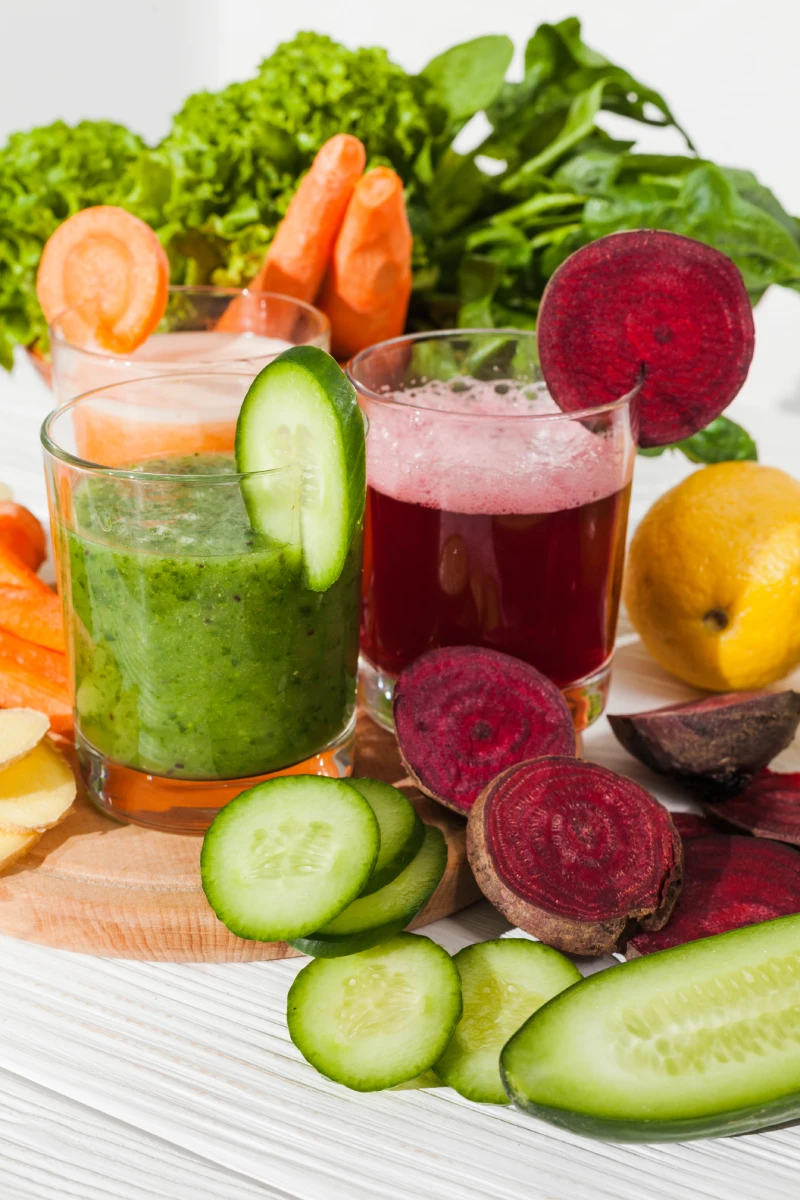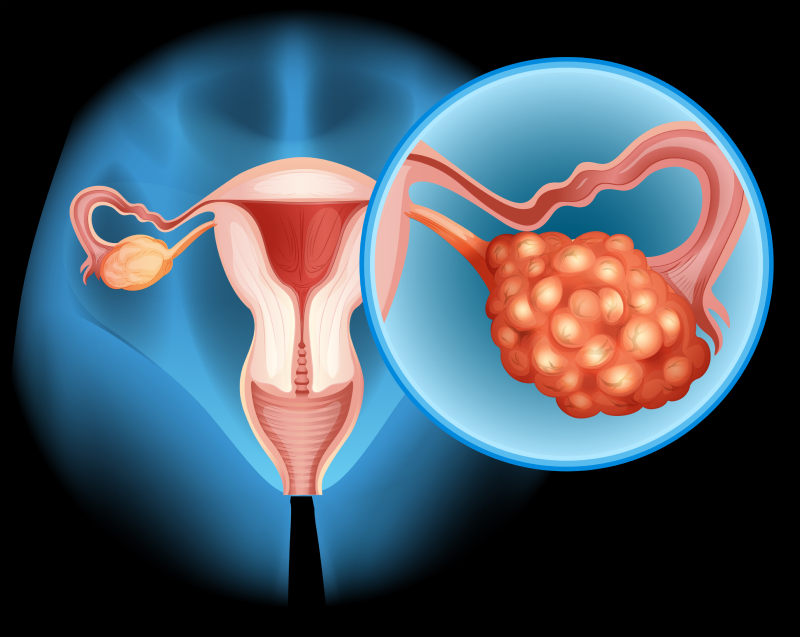Health Benefits of Vitamin C

Livefit4ever,
Medically Reviewed by ,
September 17, 2020

Vitamin C Benefits
This Essential Vitamin comes with Enormous Health Benefits
Higher levels of both vitamin C and vitamin D are the ideal nutritional markers for overall health. Individuals who eat fruits and vegetables rich in vitamin C have higher levels of this vitamin. According to one study published in American Journal of Clinical Nutrition, optimal levels of vitamin C were associated with 40% lower risk of stroke. Vitamin C also helps in overcoming the adverse effects of stress on the body. The other crucial health benefits of vitamin C includes the following.
Vitamin C Benefits: It helps prevent iron deficiency in vegetarians
Vitamin C helps in calcium absorption and iron absorption in the body. It is necessary for the growth, development and repair of all body tissues.
Those who don’t eat non-veg diet, iron is poorly absorbed in their bodies. However, they can improve iron absorption by consuming vitamin C rich fruits. Vitamin C helps improve iron absorption from vegetarian sources (meat-free sources). Thus, it helps in preventing iron deficiency in vegetarians.
Prevents Wrinkles and Aging
Vitamin C (anti-aging vitamin) is a boon for those who are worried about wrinkles on the skin as it prevents wrinkles. Being a potent antioxidant, it protects skin cells against the oxidizing effects of free radicals.
In a study published in the American Journal of Clinical Nutrition, it has been found that increased levels of vitamin C were associated with lesser drying and wrinkled appearance of skin and with a better skin-aging appearance. This is due to the fact that vitamin C is associated with collagen formation.
Role of Collagen in the skin health – collagen helps in tissue regeneration, healing, repair and growth. It is good for bones, teeth, muscles, skin and hair.
Boosts Immunity
Vitamin C helps boost immunity by increasing the efficiency of immune cells like white blood cells and phagocytes. It also helps boost wound healing capacity of the skin. It can help prevent severe complications (pneumonia and lung infections) from flu and cold and even the complications due to COVID-19 infections.
Reduces the risk of cardiovascular disease and cancer
Optimum levels of vitamin C in the blood have been found to significantly reduce the risk of heart disease by lowering LDL levels, inflammation, triglycerides levels and cholesterol levels. Optimal levels of vitamin C have been found to reduce high blood pressure. Being a powerful immunity booster and anti-oxidant, vitamin C offers a protective role against cancer.
Fruits and Vegetables rich in Vitamin C
- Guava (100 gm contains 228.3 mg)
- Oranges (one medium orange: 70 mg)
- Strawberries (half-a-cup has 49 mg)
- Red peppers (half-a-cup has 95 mg)
Other rich sources of vitamin C
- Apple
- Papaya
- Mango
- Watermelon
- Tomatoes
- Broccoli
- Potatoes
- Dark leafy greens
- Brussels sprouts
- Pineapples
Bottom Line
Vitamin C is a water-soluble vitamin. Though it is abundantly available in the fruits and vegetables we eat, our body doesn’t store it – which means it gets depleted very easily from the body. Therefore, to maintain adequate levels of this vitamin, one should eat the foods that are rich in vitamin C. Deficiency of vitamin C is very rare – but it is often seen in malnourished individuals, smokers, passive smokers and people suffering from some chronic diseases. Those who do not eat fruits and vegetables regularly are prone to vitamin C deficiency.
Scurvy is the most common vitamin C deficiency disease. The symptoms include bleeding gums, anaemia, loose teeth, swollen joints and general weakness (tiredness) in the body.






